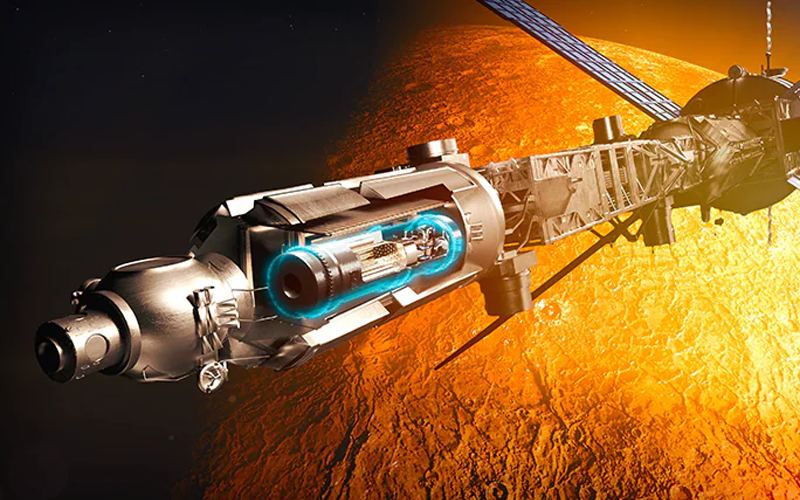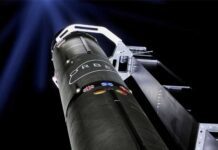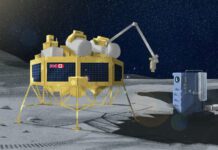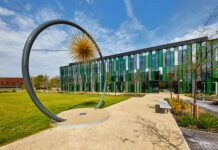
Rolls-Royce Submarines has received £4.8 million in additional UK Space Agency funding to develop a Space Micro-Reactor demonstrator.
The funding was announced as part of £33 million in UK Space Agency (UKSA) awards, supporting the continued development of more than 20 national space projects. This funding comes from the agency’s National Space Innovation Programme, which aims to foster the development of “high-potential technologies.”
The UKSA has supported the development of the Rolls-Royce Space Micro-Reactor programme since 2022, with the agency providing an initial £249,000 in funding for the company to study the technology’s viability. In March 2023, the company received £2.9 million in UKSA funding for the programme, which aimed to fund the delivery of an initial demonstration of a UK lunar modular nuclear reactor. The most recent agency funding for the programme was a £1.18 million award in April.
According to a 22 July UKSA announcement, the £4.8 million in new funding will be used to “raise the overall technology readiness level for Space Micro-Reactors, closing the gap to a full system flight demonstration.” The agency also stated that the funding would be used to develop a pathway to the commercialization of space nuclear power.
“The future of space exploration is greatly dependent on the ability to generate high levels of consistent power, and our nuclear Micro-Reactor is the solution that will offer safe, reliable, and flexible power to a broad range of space missions,” explained Jake Thompson, director of novel nuclear and special projects at Rolls-Royce.
While Rolls-Royce Submarines is leading the development of the Micro-Reactor demonstrator, the work is being done in partnership with the University of Oxford, Bangor University, and Rolls-Royce Bristol.
In a press release dated 22 July, Rolls-Royce stated that work on delivering on the 22 July award will occur over the next 18 months and will include developing the “whole system design, underlying capabilities, and key technologies.” This will enable the company to work towards an initial flight demonstration before the end of the decade.




